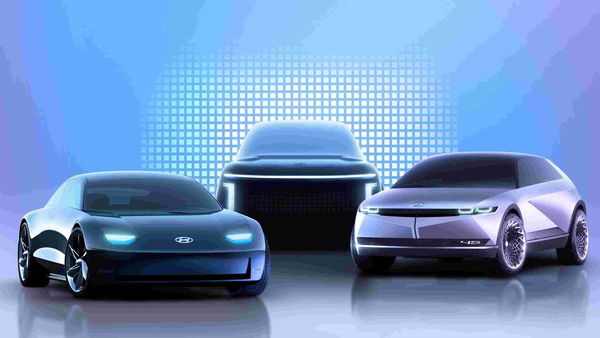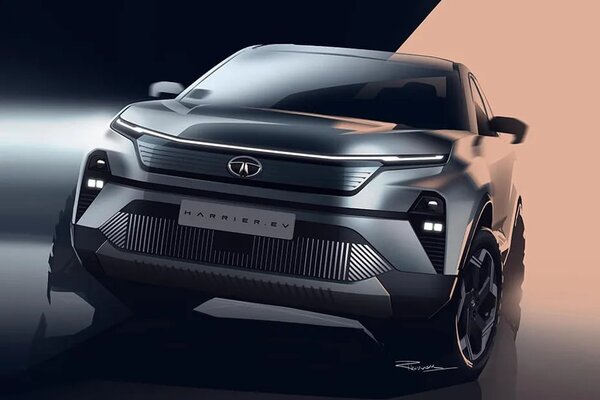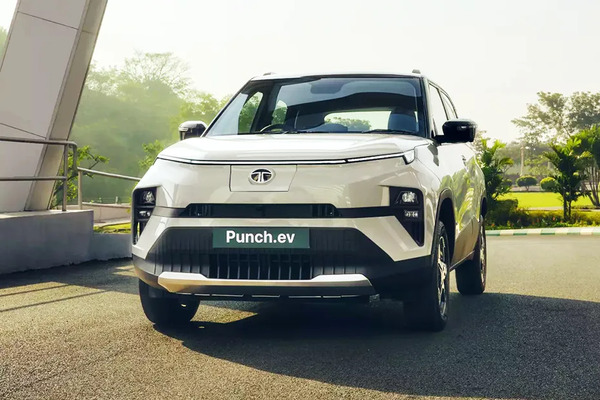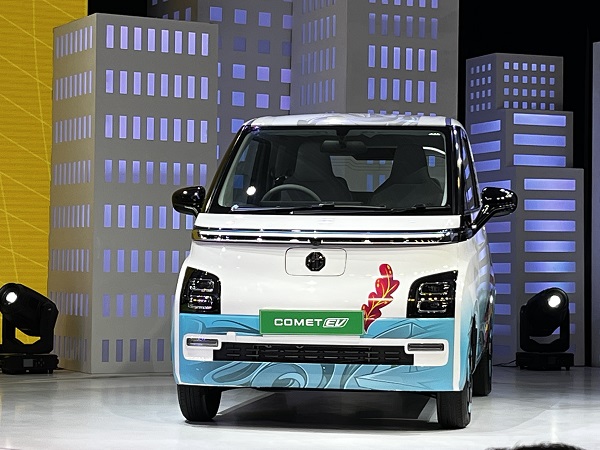EV owners pay higher upfront cost, save 50% on service vs regular cars: Report
- Should you pay a higher buying price for an EV and save on maintenance costs or the other way around?


Electric vehicles are either expensive or are comparitively more expensive than counterparts with a combustible engines. And yet, advocates of EVs spare no effort in highlighting the enormous benefit of paying a higher upfront cost - from convenience to the good it promises for the environment. A recent data released by Consumer Reports further underlines the benefit of a lower running cost - EV owners can save as much as 50% in repairing and servicing costs.
People across the globe are increasingly looking at EVs as not just a viable option but one that is more affordable in the long run. Here in India, EVs may still be a pricey one-time investment but with the promise of prices coming down and the omnipresent assurance of a lower bill at workshops, the time may be just around the bend for an EV revolution here.
Also check these Cars
The data recently released by Consumer Reports makes use of reliability surveys spanning 2019 and 2020 and covers thousands of EVs and petrol/diesel powered vehicles in a bid to understand the costs involved. The analysis of the data found that full electric and plug-in hybrid vehicles offer around 50% savings in maintenance and repair over its lifespan which has been pegged at 200,000 miles (3.20 lakh kilometres).
Now even if one doesn't really push a vehicle through its paces for that long, the savings are evident, albeit less than 50%.
Most experts also tend to agree that an EV running for 100,000 or more kilometres over several years would perform better than a regular vehicle across the same distance and for the same number of years. That may be because of the far fewer number of components inside an EV vs those in a regular car. This means the wear and tear factor would be lesser.
On the flipside though, the battery - the main and core component inside an EV - is susceptible to degeneration and replacing it could cost a bomb. But with battery technology constantly improving and with OEMs offering eight to 10 years' warranty on the battery itself, concerns around this are also fast subsiding.
As such, while there are still concerns aplenty - from supporting infrastructure to range, the Consumer Reports data does once again showcase that it would be a financially prudent decision to opt for an EV depending on where one is at and what incentives are on offer.








 64kWh
64kWh 350 km
350 km
















